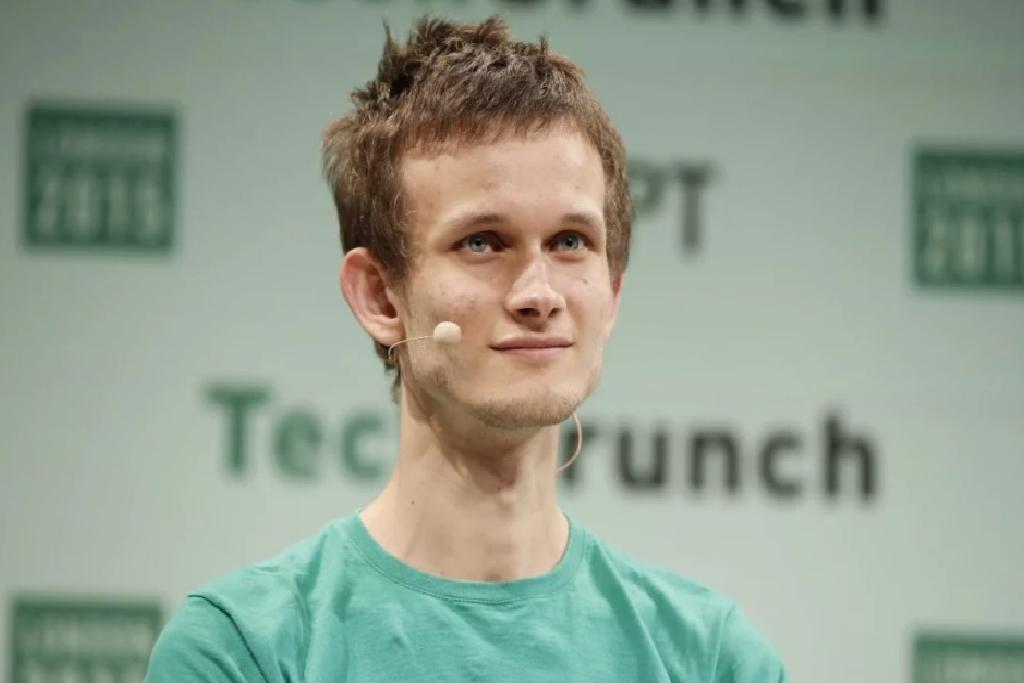Vitalik Buterin explained that Ethereum (ETH) probably won’t get any faster. The co-founder of Ethereum explained why the network couldn’t get any faster. Details of Buterin’s statements are on Kriptokoin.com.
Surprising statement from Ethereum partner
According to Buterin, reducing the Proof-of-Work or Proof-of-Stake block time has implications for decentralization and network security. In a comment that might offend some Ethereum enthusiasts, Vitalik Buterin expressed the view that Ethereum could never be faster than it is now. He explained that reducing block time is constrained by drawbacks related to “security and decentralization.”

As with most blockchain-related problems, optimizing one variable (eg speed) will likely be at the expense of another (eg network security). Speed (block time) and decentralization/security exist, albeit for different reasons, regardless of whether a network is Proof-of-Work or Proof-of-Stake. The “fundamental problem” with Proof-of-Work, according to Buterin, is the built-in randomness of the block time. Ethereum’s average block time may be 13 seconds, but that doesn’t mean a block is written to the point every 13 seconds. Buterin explains that a new block has a chance to be approved just one second after the last one is approved. When this happens, the miner with the better network connectivity is more likely to propagate the next block first. Reducing block times makes this problem worse.

According to Buterin, reducing block times will result in many signatures being excluded from the blockchain, and “highly centralized actors” will be in an increasingly favorable position to reap disproportionate rewards. Therefore, Buterin concludes that future upgrades will not significantly reduce “time per slot” and applications that require rapid approval will need to rely on channels or aggregations. Developers of other Tier 1 chains also joined the discussion on Twitter. Emin Gün Sirer, founder of Ava Labs, which developed Avalanche, appears to have tweeted at Buterin criticizing him for his choices of chain parameters, which Sirer says are bottlenecking the consensus. Buterin responded, telling Sirer to “stop being dishonest”, explaining that his past claims that consensus had not been the bottleneck referred to bandwidth rather than latency.